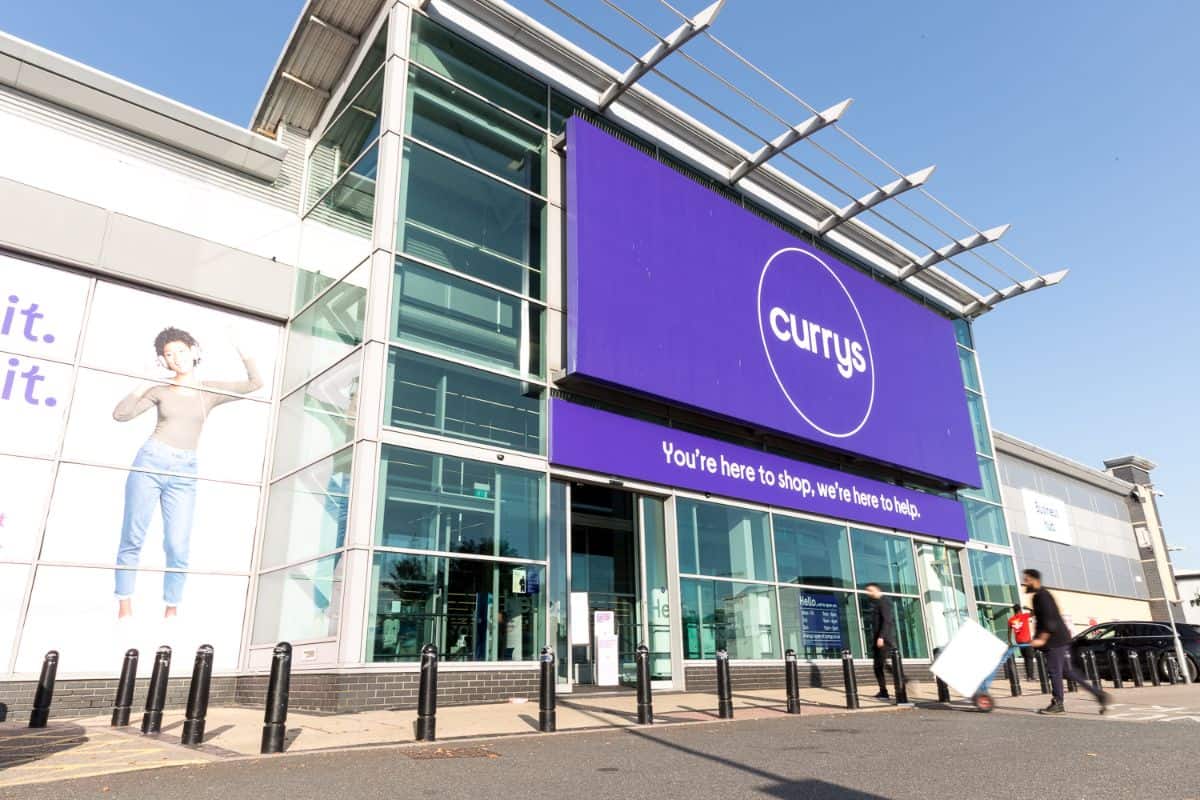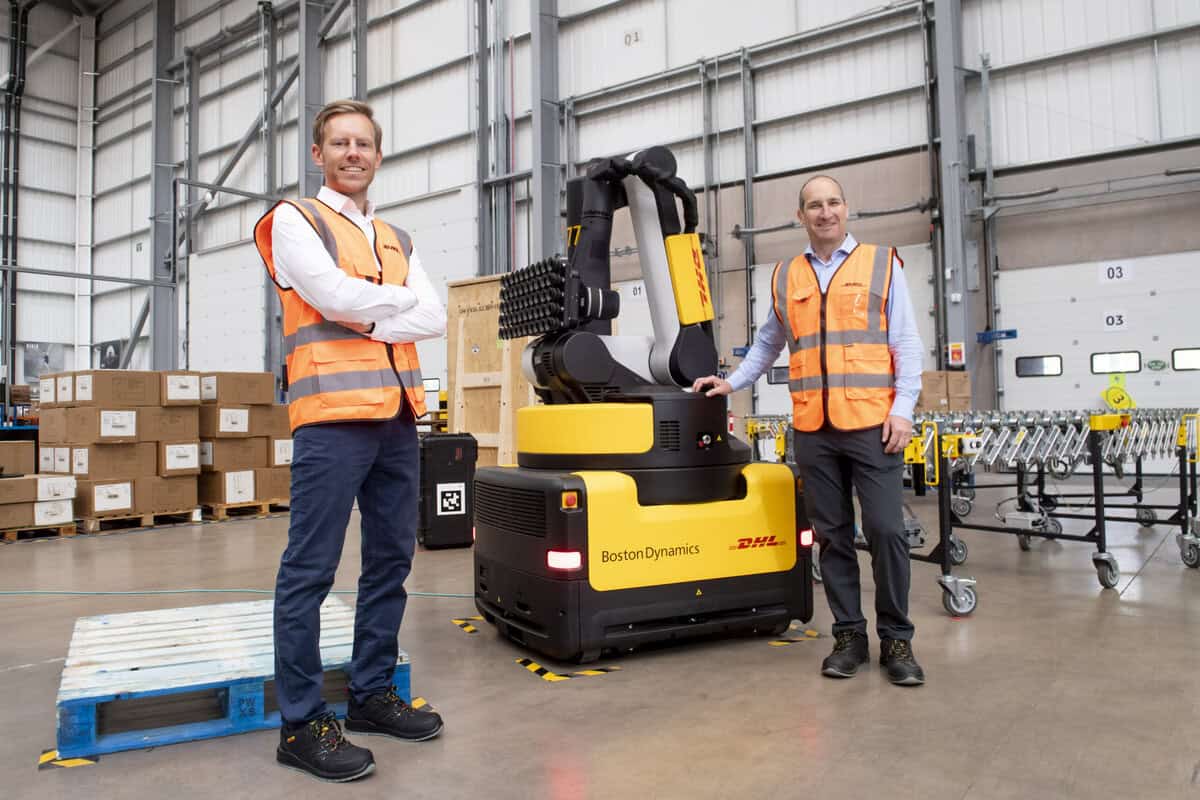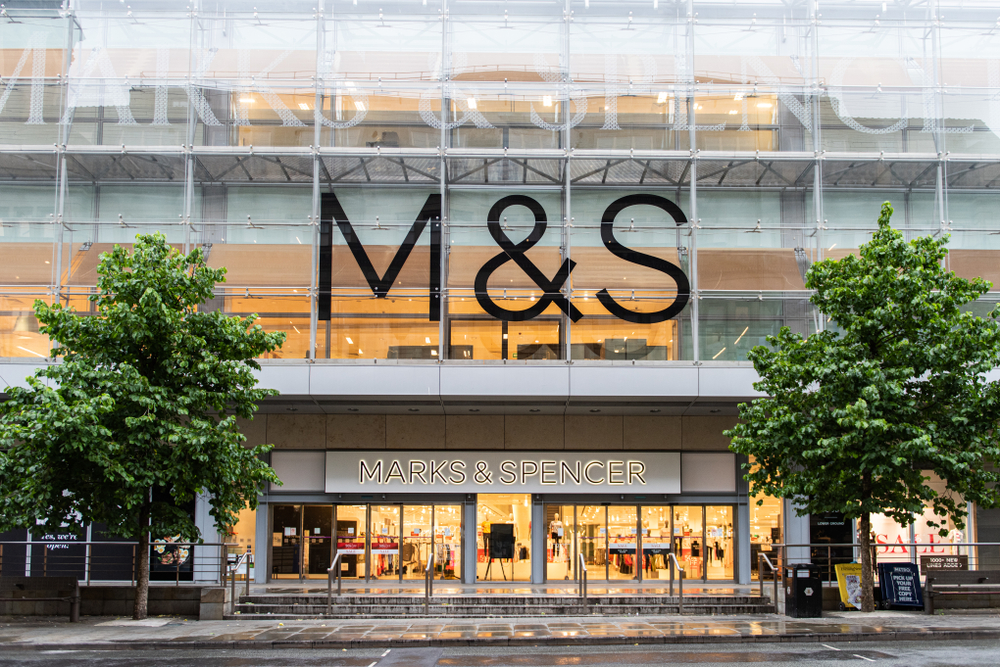Online shopping has flipped the raison d’être of the whole high street experience. When your phone is the cheapest and most convenient way to buy something, how do traditional retailers use the advantage of physical stores to compete? To put it another way: what can they offer that Amazon can’t?
With Amazon recently opening its first permanent store, that question is becomes even more pertinent. But, once you start looking at the details, you have to wonder just how much Amazon has learned from the behaviour of its evolving offline competition.
While it has created a bricks and mortar shrine to its highest rated books, others are investing in more than just products to turn customers’ heads. Let’s unravel this a bit.
The time and money equation
Many retailers could learn from what Amazon has achieved by using data to convert customers as efficiently as possible. Its site is the epitome of an ever-shifting, infinite storefront tailor made for each individual customer.
But very little of this advantage directly applies offline. And customers aren’t really looking for ruthless efficiency when shopping in person. The fact is: People shop online to save time and money. They shop offline to spend their time and money.
To really capitalise on that, you have to give them an experience that’s worth spending their time on — and just browsing shelves doesn’t cut it any more. Shoppers’ expectations have changed.
Amazon has built a great offline store. But have they built a venue that complements their online space in the way a great omnichannel strategy could?
Leading by example
By comparison, look at traditional retailers that are forging ahead as omnichannel brands — companies like John Lewis, Mothercare and Pets At Home. Offering everything from in-store expectant parent classes to pet nutrition sessions and beyond, these retailers understand that engaging, added value experiences create better informed shoppers, give them better ways to spend their time and money. And a reason to come back.
Crucially for offline retailers, these appointments allow the business to improve their understanding of the customer through the data they provide. Not data skimmed off the top of their experience without them knowing — data they explicitly provided and immediately received value from. It’s a win-win situation, customers get given a personalised experience and retailers are rewarded with increasing trust and loyalty.
Imagine the access Amazon must have to authors to host a book launch and invite nearby customers to meet them. Think about the access they would have to promote things like writing sessions or book clubs. Each of these revolve around the most valuable shared link with the customer: the subject matter of books that brings them together.
Not all online-first retailers are missing this opportunity. By contrast, Birchbox’s first physical store was a veritable brand outpost. It has hosted pop-up events in London where people can book to have their nails done for free.
It’s offering experiences, ways to spend time, not just buy products. Given its business model of subscription services, it has a different relationship with customers built into its DNA.
Amazon Grace
It’s fascinating to watch an online-first retailer enter the real world and carry its own kind of baggage in the way that offline retailers have been criticised for bringing online over the years. It goes to show how difficult it can be to operate against your culture and what has been the source of your success so far.
No doubt Amazon’s store will do well. But if it wants to really exercise the full potential of becoming the “Everything Store”, online and off, it would do well to iterate quickly and think about that same challenge it posed the industry:
What can (offline) Amazon do that (online) Amazon can’t?
Glenn Shoosmith is founder and CEO of scheduling platform BookingBug.








